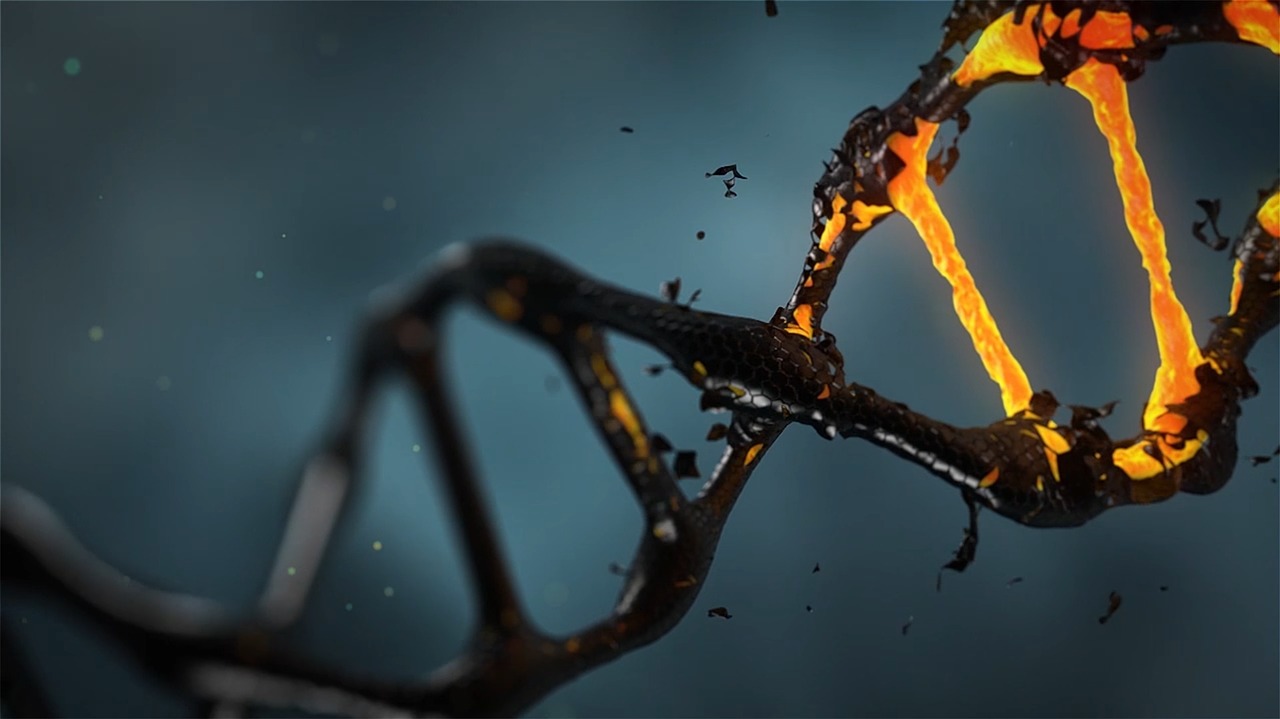Aggregated News

A report from the National Academies says scientists alone can't make the call—they must engage with the broader public
Meaningful public debate seems almost impossible in an era of political bubbles isolating us one from another and facts becoming a matter of opinion. Unfortunately, our political culture is crumbling just as rapid scientific breakthroughs confront us with some of the most serious moral, ethical and policy questions of our age.
And there is a real urgency. Scientific breakthroughs surrounding human gene editing, for instance, have moved medical treatments that seemed science fiction just a few years ago within scientists’ reach. Today, tools like CRISPR/Cas9 allow making modifications to the human genome in ways that are more efficient and safer than ever before. And the science emerges rapidly, constantly offering new venues for treating what used to be incurable diseases.
The idea of editing the human genome raises questions that science alone cannot answer. What are the ethical and moral boundaries of the human race editing its own genome? Who will have access to many of the potentially expensive medical treatments...



